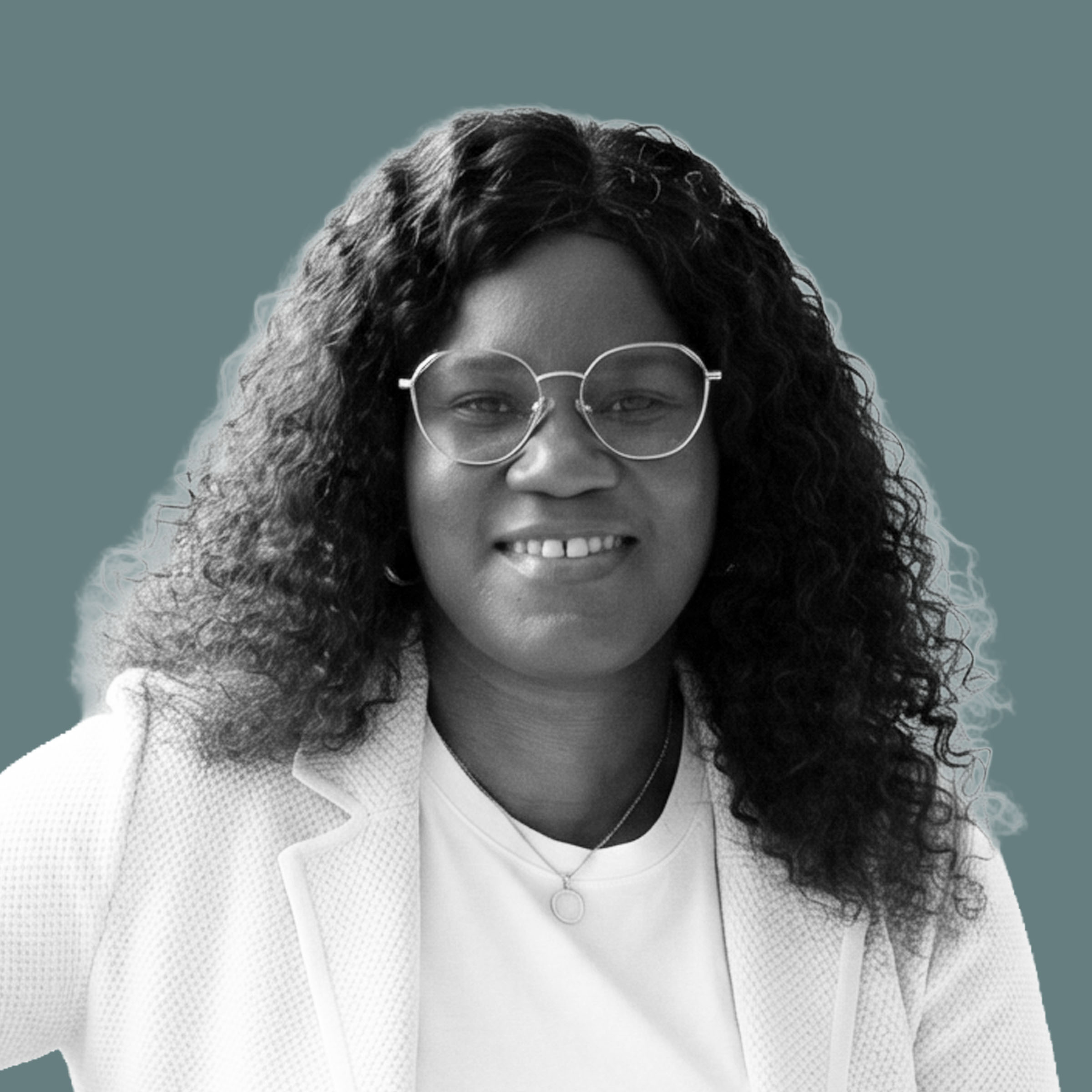Aug 7, 2025

“Millennial dread” is a phrase that captures the persistent, low-grade anxiety and existential weight felt by many people in their late 20s to early 40s. It often presents as a sense that no matter how hard you try, you're always behind — emotionally, financially, or socially. It’s not a formal diagnosis, but rather a cultural undercurrent shaped by economic instability, climate fears, social comparison, and burnout.
Millennials came of age in a time of rapid change and uncertainty. Many graduated into the 2008 recession, navigated a pandemic in their 30s, and now face rising costs of living, housing crises, and an increasingly digitized world that doesn’t allow much room to unplug.
While previous generations were told that hard work leads to stability, many Millennials have discovered that success is no longer linear — and often doesn’t feel secure, even when it's achieved. Add in student loans, precarious job markets, and pressure to be constantly “healing” or “optimizing,” and it’s no wonder many feel stuck between exhaustion and disillusionment.
What looks like inertia, distraction, or burnout is often the body’s way of adapting to prolonged overwhelm. Millennials aren’t simply “not trying hard enough” — they are managing caregiving demands, insecure housing markets, rising costs of living, mental health challenges, and career pressures all at once.
Many are quietly holding invisible burdens: unresolved grief, climate anxiety, trauma from navigating institutions that weren’t built with them in mind. This isn’t about a lack of motivation — it’s about being chronically stretched thin in systems that don’t allow space for recovery, softness, or rest. Your struggles aren’t character defects — they’re contextually appropriate reactions to complex and compounding pressures.
Millennial dread is a sign of your nervous system reacting to a world that often demands too much and gives too little. If you feel disoriented, discouraged, or weary, you are not alone. These feelings are not signs you’re doing life wrong — they are signals that the world is shifting. Your wellbeing matters more than any performance of “having it together.”
At VOX Mental Health, we believe in naming the invisible pressures — and in helping you build a life that honours your values, energy, and capacity.













